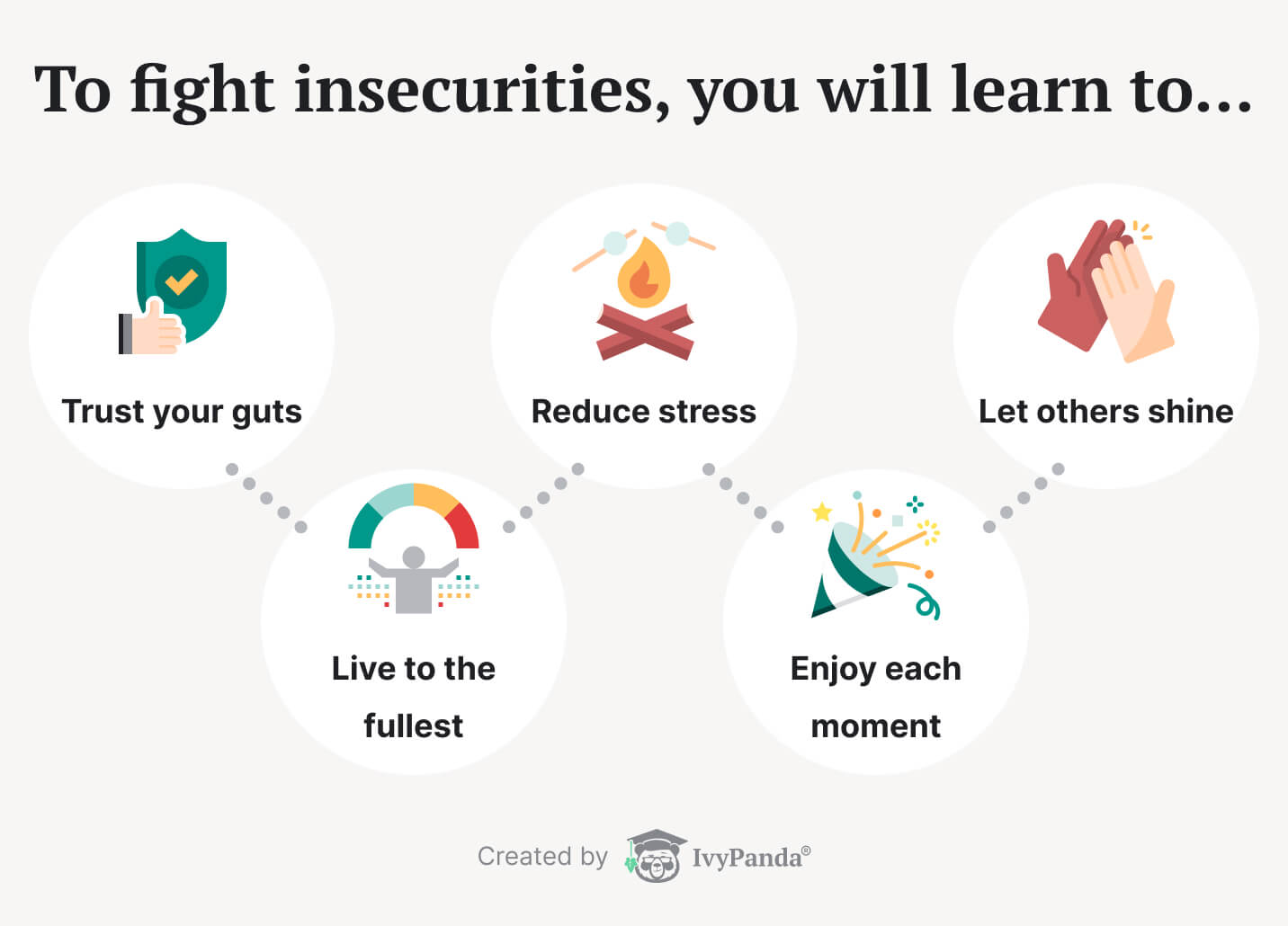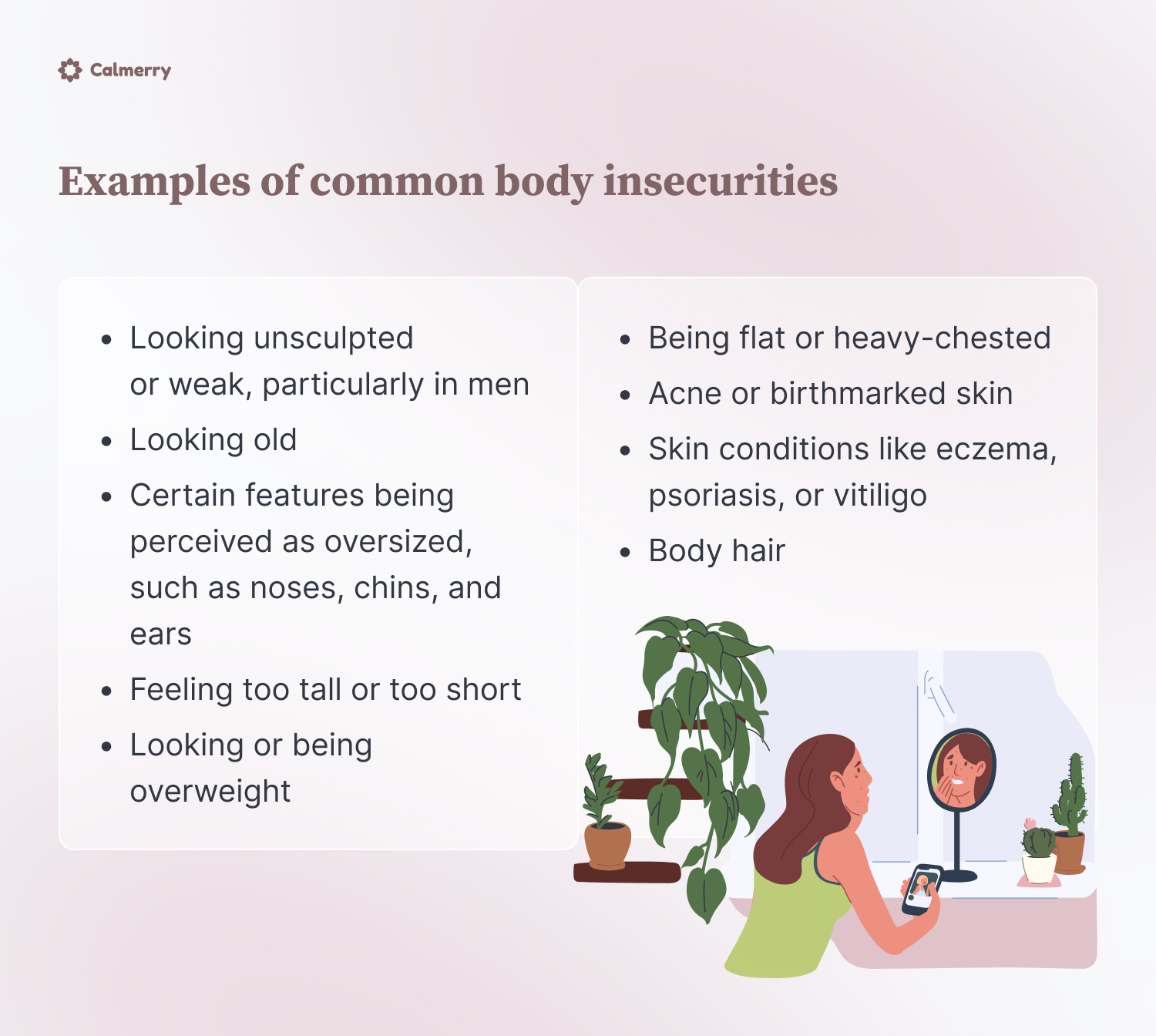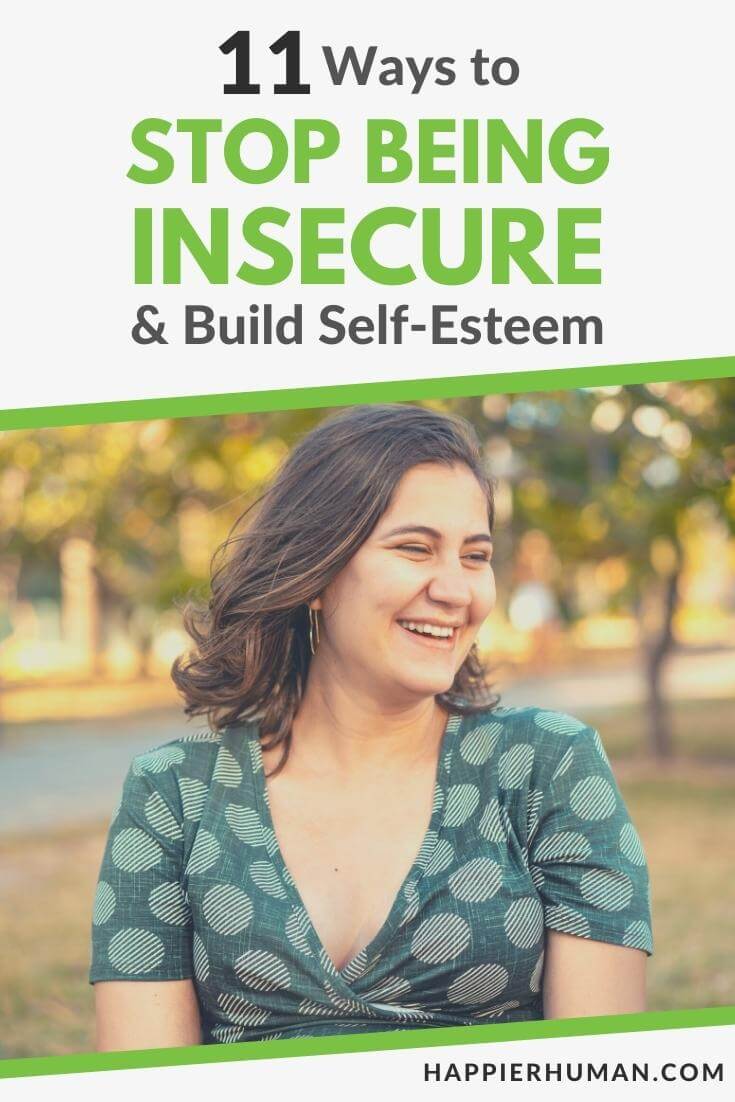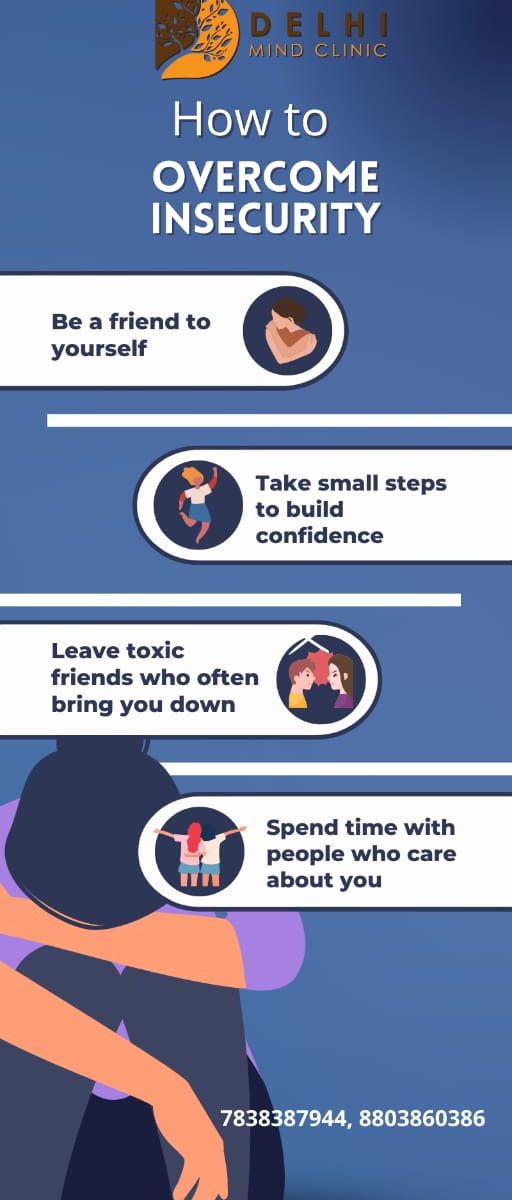How To Overcome Insecurities About Your Looks
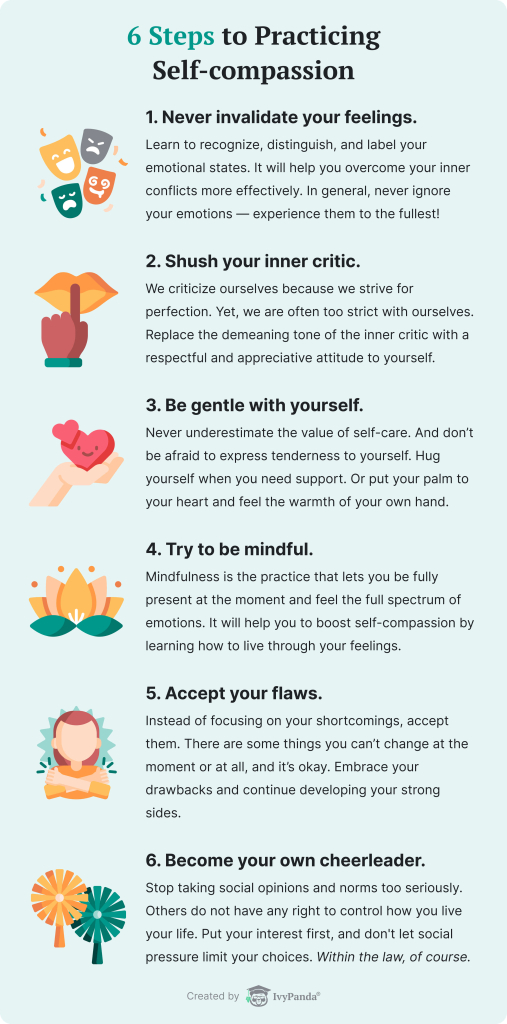
In a world saturated with filtered images and curated online personas, the pressure to conform to often unrealistic beauty standards is relentless. This constant bombardment can fuel deep-seated insecurities about our appearance, impacting mental health and overall well-being. For many, looking in the mirror triggers a wave of negative self-talk, a cycle that's difficult to break.
The goal is to not eliminate these feelings but manage them constructively. Overcoming insecurities about your looks is a journey, not a destination, and requires a multifaceted approach encompassing self-compassion, realistic perspective, and a shift in focus from external validation to internal strength.
Understanding the Roots of Insecurity
Insecurities about appearance often stem from a complex interplay of societal influences, media portrayals, and personal experiences. Studies have shown a strong correlation between exposure to idealized images in media and body dissatisfaction, particularly among young people. According to the American Psychological Association, constant media consumption can lead to unrealistic comparisons and feelings of inadequacy.
Childhood experiences, such as negative comments about appearance or teasing, can also have a lasting impact on self-esteem. These early experiences can create deeply ingrained beliefs about one's worth and attractiveness. Social media's performative nature exacerbates the issue, with individuals often presenting highly edited versions of themselves.
Challenging Negative Thoughts
The first step towards overcoming insecurities is to identify and challenge negative thoughts. Cognitive Behavioral Therapy (CBT) techniques can be incredibly helpful in this process. CBT helps individuals recognize and reframe negative thinking patterns into more balanced and realistic ones.
Pay attention to your internal dialogue and ask yourself if these thoughts are based on facts or assumptions. Are you being overly critical of yourself? Acknowledge your feelings without judgment and remind yourself that everyone has flaws and imperfections.
Cultivating Self-Compassion
Self-compassion involves treating yourself with the same kindness and understanding you would offer a friend. It's about recognizing that you're not alone in your struggles and that imperfections are a normal part of the human experience.
Practicing self-compassion can involve activities such as writing a letter to yourself from a compassionate perspective, engaging in self-soothing behaviors, and reminding yourself of your strengths and positive qualities. Kristin Neff, a leading researcher on self-compassion, emphasizes the importance of mindfulness, common humanity, and self-kindness in cultivating self-compassion.
Shifting the Focus: Functionality Over Form
Instead of fixating on perceived flaws, try shifting your focus to the functionality and capabilities of your body. Appreciate your body for what it allows you to do, rather than how it looks. Focus on activities that make you feel strong and empowered, such as exercise, dancing, or hiking.
Engaging in these activities can boost your mood and improve your overall sense of well-being, regardless of your physical appearance. Consider practicing gratitude for your body's health and abilities.
Limiting Exposure to Negative Influences
Actively curate your social media feeds to remove accounts that promote unrealistic beauty standards or make you feel insecure. Instead, follow accounts that promote body positivity, self-acceptance, and mental well-being.
Spending less time online can also reduce exposure to triggering content and create space for more meaningful activities. Remember, social media is often a highlight reel, not an accurate reflection of reality.
Seeking Professional Help
If insecurities about your appearance are significantly impacting your daily life, consider seeking professional help. A therapist can provide support, guidance, and evidence-based techniques to help you overcome these challenges. Cognitive Behavioral Therapy (CBT) and Acceptance and Commitment Therapy (ACT) are effective treatments for addressing body image issues.
Don't hesitate to reach out to a mental health professional if you're struggling. The National Alliance on Mental Illness (NAMI) provides resources and support for individuals experiencing mental health challenges.
Looking Ahead: Fostering a Positive Body Image Culture
Overcoming insecurities about your looks is not just an individual journey; it's also a collective effort. By promoting body positivity, challenging unrealistic beauty standards, and fostering a culture of self-acceptance, we can create a more supportive and inclusive environment for everyone.
Encourage open and honest conversations about body image and mental health. Remember, you are more than your appearance. Building your confidence starts with self-acceptance and recognizing your inherent worth.





